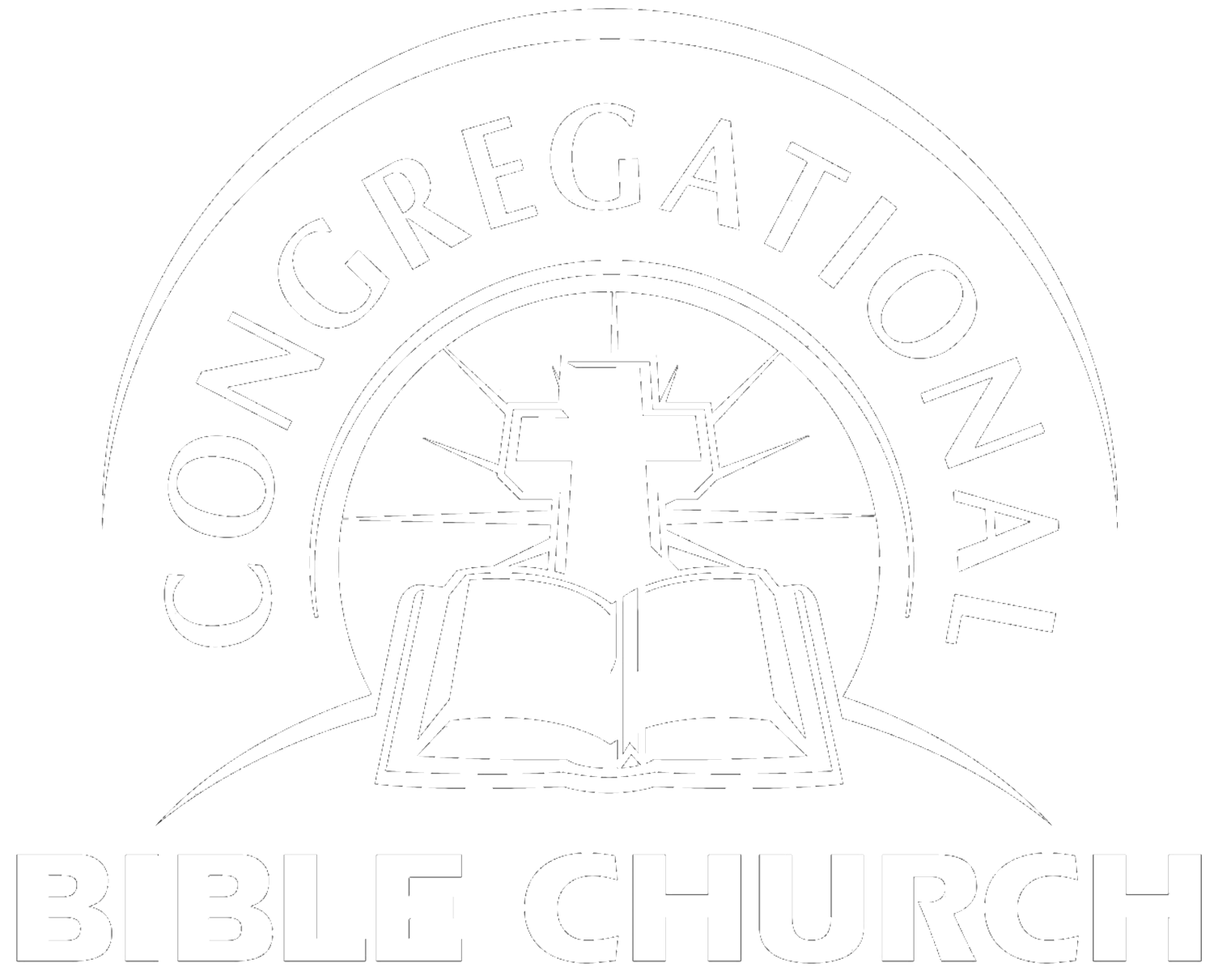When a football team wins a game, usually the credit goes to the quarterback. He is the one who is generally considered the one who wins or loses the game. People so quickly forget that there are actually eleven men on the field during a football game. The offensive line blocks the defense which allows the quarterback time to throw. The receivers run and gets open so the quarterback has someone to throw to. The running back’s success brings more attention from the defense also allowing the quarterback more time to throw the ball. Many people are involved in the victory of a football game, not just the quarterback.
Each month this year we have been looking at a short biography of the more famous Reformers. We all know the main men who receive all the attention: Luther, Calvin, Zwingli (the quarterbacks per se). But there are actually many other Reformers who played a significant role in the Reformation who simply aren’t given the attention they deserve. For the remaining few months of this year, we will look at some of these lesser known Reformers and analyze their contribution. This month, our subject is a man named Martin Bucer.
Martin Bucer was born in 1491, in France, and at 16 years old decided to choose the life of a monk. If you had any interest in religion at that time it was the only thing you could do. He took his vow of poverty and celibacy and began his studies in religion. Interestingly, the Dominican monks where he belonged, studied Aristotle before they studied the Bible. Theology and Scripture came second to the study of philosophy. Bucer was ordained a priest and went to Heidelberg, Germany to further his theological studies. It was there that a turn of God’s providence would set the course for the remainder of his life.
A man named Martin Luther was coming to Heidelberg for a theological debate and Bucer was in the audience listening. Bucer’s interest was drawn to Martin Luther’s words about man’s incapacity to do good, how keeping the law of God cannot advance you towards righteousness, and how salvation was in Christ alone. Bucer agreed with everything that Luther said, but Bucer went further with his understanding of the Law. Bucer thought that after salvation, through the assistance of the Holy Spirit, a Christian desires, and can actually carry out, the keeping of God’s Law. His path towards being a Reformer had begun.
He knew his theology was not in agreement with the Catholic Church, so he renounced his vows and was no longer a priest. Bucer was also, by all accounts, the first Reformer to ever get married; a definitive break from the priesthood for sure. He began to preach the doctrines of the Reformation which did not sit well with the city authorities of the time. He was excommunicated and asked to leave the city of Wissembourg, Germany. Penniless and excommunicated, Bucer went to Strasbourg, France where he would stay and lead the Reformation there for the next 25 years.
When John Calvin was exiled from his church in Geneva, he actually went to Strasbourg as well and lived in a house right behind Bucer’s. Another stroke of the providence and sovereignty of God was at work. It was here that Bucer had a profound impact upon John Calvin and the two became great friends. Calvin said of Bucer, “profound scholarship, his bounteous knowledge about a wide range of subjects, his keen mind, his wide reading, and many other different virtues, remains unsurpassed today by anyone, can be compared with only a few, and excels the vast majority.” That is high praise from the likes of John Calvin.
Martin Bucer remains a great example of what it means to take the Scripture literally. Of course church leaders can, and should, get married because how can a man manage the church of God if he cannot manage his own household (1 Tim 3:5)? Bucer also shows us a man committed to unity in the church of God. As Luther and Zwingli hotly debated the theology of the Lord’s Supper, Bucer was the mediator trying to bring the two together. Bucer also shows us what it is like to minister in the background. Some people in the church get all the recognition, just like some people of the Reformation get all the recognition. But Martin Bucer shows us that there were many other Reformers working behind the scenes, who don’t get as much credit as the main Reformers. The situation is similar to the church. Usually, the pastor gets the most credit for how the church is doing, but there are many people behind the scenes who have shaped that pastor into who he is today and many people ministering behind the scenes to make his life easier. May we not be afraid or ashamed of ministering without receiving the applause or recognition of men.
-Pastor Mark Scialabba











